Many leave interviews thinking they performed well, only to discover later they didn't secure the job. What's the issue? Despite knowing all the "right" answers and maintaining a positive demeanor, most people misunderstand the interview process.
It's crucial to abandon the notion of impressing the interviewer and playing the interview game. Hiring managers seek individuals who align with their style and fit into the company culture, not just those who excel in interviews.
Effective communication is the cornerstone of a successful interview. Instead of merely answering questions, engage the interviewer in a two-way conversation. Asking the right questions is key to understanding what the interviewer truly seeks.
The interview's objective is to prompt hiring managers to share information about the job, company, and working culture. This approach enables you to assess whether the job and working conditions align with your preferences and needs.
To prepare for a productive interview, it's essential to compile a list of thoughtful questions. Categorize your inquiries into two distinct groups:
Questions that reflect your thorough research on the industry and the specific company.
Questions that showcase your expertise, skills, and experiences.
Customizing your questions for each job interview is crucial, as every company and interviewer has unique preferences and priorities. Avoid relying on a scripted interview speech; instead, be prepared to think on your feet and adapt to the flow of the conversation.
Here are some effective questions to incorporate into your interview:
In my previous role, emphasis was placed on problem-solving and decision-making by management. How are challenges typically handled within your organization? [This demonstrates your decision-making and problem-solving skills, while also providing insights into the management approach.]
Recognizing the competitive landscape in this market, I'm curious about your strategy to enhance market share. [This indicates your awareness of the competitive environment and seeks insights into the company's plans.]
I'm familiar with [insert specific programs, software, etc.]. Could you share what tools are commonly used here?
Reflecting on my past experience, my department often collaborated with others on challenging projects. Could you elaborate on how your company approaches such projects? [This showcases your teamwork skills and offers a glimpse into the company's project management style.]
Engaging in meaningful conversations with these questions will provide valuable insights. Aim for six to eight well-thought-out conversation-developing questions, recognizing that three or four may suffice to prompt the interviewer to share more.
When crafting additional questions, consider your skills, preferred work environment, and what you'd like to know about the new job, managers, and the company's philosophy. Success in interviews hinges on asking good questions and knowing when to speak and listen. Seize opportunities to contribute to the conversation based on the questions posed to you, but avoid interrupting the interviewer. Practice nodding to indicate understanding.
Taking a proactive stance in the interview will distinguish you from those who merely play the interview game. Don't wait until prompted with, "Do you have any questions?" as initiating a conversation earlier is key.
DaMar Staffing Solutions takes an unconventional approach to recruiting and staffing solutions for clients. As a strategic partner, the DaMar team is constantly on the hunt for those rare people who are among the best at what they do. DaMar Staffing is located at 8900 Keystone Crossing, Suite 1060, Indianapolis, IN 46240. Visit damarstaff.com/blog for more helpful information.

